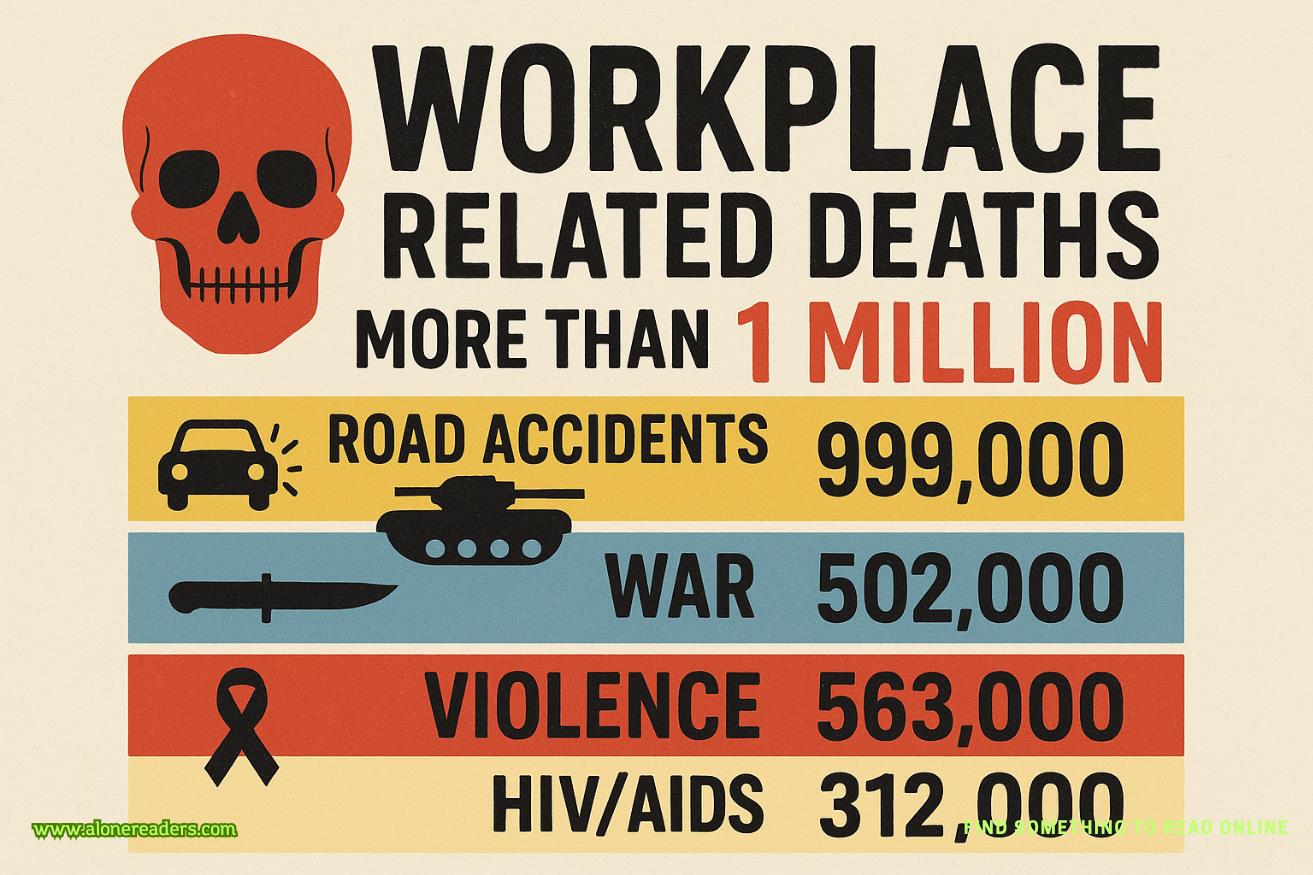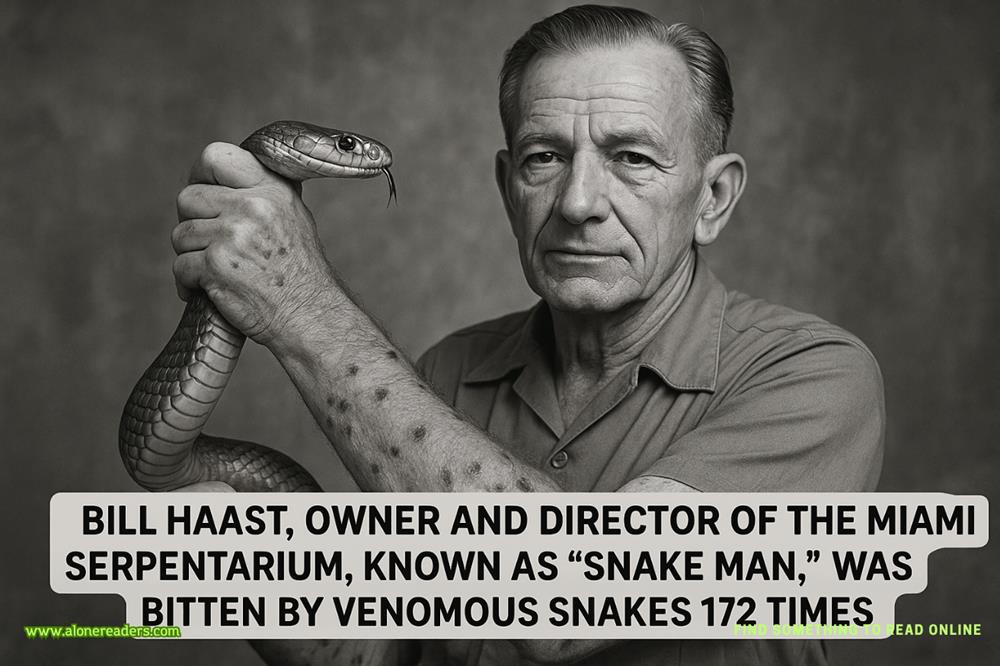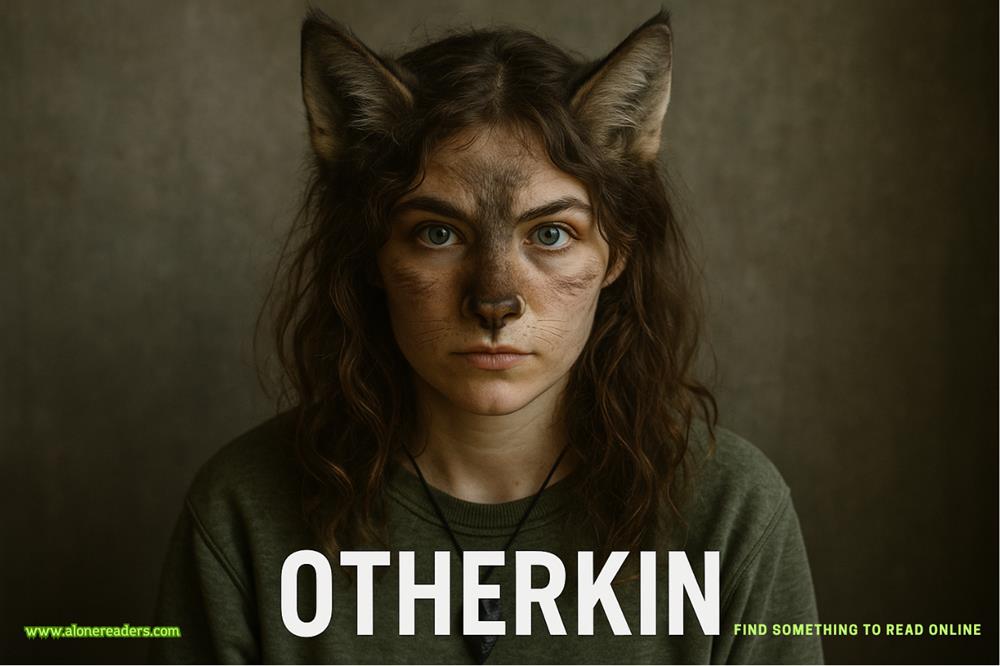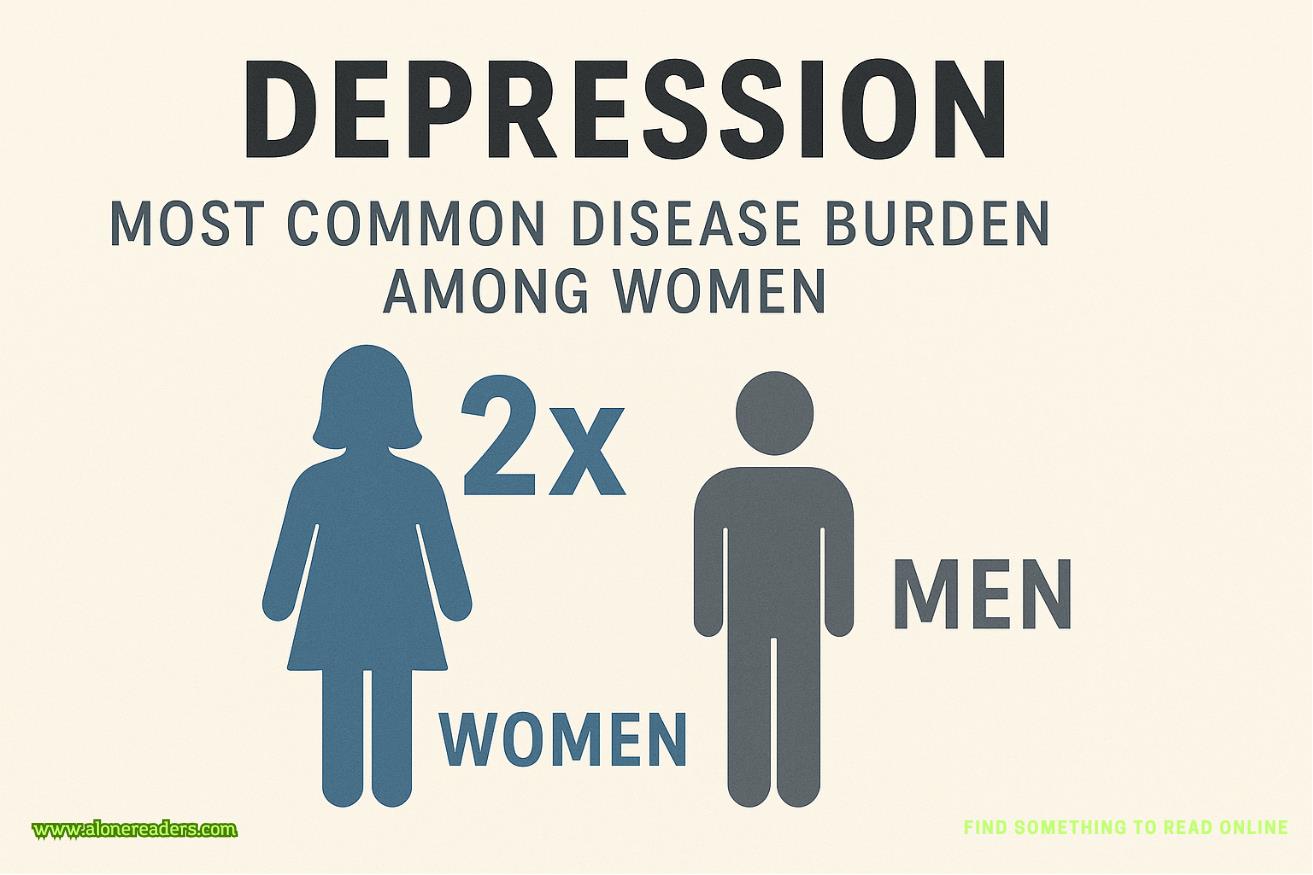Page 50 of So Far Gone
Bethany finished the story of Connor Brand’s sandwich and her father’s mysterious female friend, leaned back in her kitchen chair, and bit her lip to keep from crying. This was April 2020. Month two of the coronavirus pandemic. Shane was at work, the kids were playing in the backyard, and Bethany was having an online meeting with her therapist, Peggy, who had asked her a simple question: When did the trouble between Bethany and her father “begin”? They’d established that it wasbeforethe Thanksgiving Day blowup of 2016, Bethany telling her therapist how her “Daddy” had been her favorite when she was little, but that, somehow, during her teen years, they had begun to drift apart.
Peggy had said that an adolescent breach was common for girls and fathers, and asked if she recalled any specific incidents. And that’s when Bethany flashed on the day she made Connor Brand a sandwich, almost had sex with him, and almost got caught skipping school by her possibly cheating father.
“How did that make you feel?” Peggy asked for roughly the one billionth time in the fourteen months Bethany had been her client. “Seeing your dad like that.”
“Um. Nervous. Confused. Angry.”
That afternoon, as Bethany told her therapist, she was also suffering the severe paranoia that came with a weed upgrade of that magnitude, along with Monica’s cold shoulder in English class. The last hour of school seemed to take nine hours, then she raced home to find the tuna fish, pickles, mayo, mustard, and bread still out on the kitchen island, and she hurriedly put these things away, dreading the moment her dad came home from work and yelled at her for ditching school. Her mom arrived first, from the urgent care clinic where she worked, and immediately sat down and started reading a book. Wispy Celia always hummed while she read—and always off-key—which drove Bethany crazy, but especially that day, with the smell of tuna fish lingering in the house, and Connor’s walrus-weed still making her feel like her stereo knobs had been cranked up.
Then... her dad came home. Braced for trouble, she had workshopped a few stories in her mind, finally settling on doppelgänger:There’s a girl who looks just like me at our school, maybe it was her?
But... nothing. He didn’t say a word about it. No funny looks, nothing. He asked if she had homework. He sat with a beer watching the Mariners game on TV.
“And how didthatmake you feel?”
Peggy made her background out of focus during these online meetings. It was disconcerting, as if she didn’t want Bethany seeing what was on the walls of her therapist’s home—perhaps aNew Yorkercartoon about a psychologist and a dimwitted patient, or maybe the shrunken heads of past clients. Oh well, a fuzzy Zoom call was still better than crying and blowing snot bubbles through a mask.
“Let’s see.” Bethany blew out air. “Nervous? Confused? Angry?”
“Maybe he didn’t see you after all,” Peggy said.
“Oh, I was pretty sure he saw me,” she said. “But, yeah, maybe my face didn’t register. Or he thought,Nah, Bethany’s in school. At one point, during dinner, I did catch him giving me a look, and I wondered—”
“Wondered—”
“If he wasn’t saying anything because of—” A lump in her throat.
“The other woman.”
“I mean, it could have been nothing. A friend, someone from work, a source he was interviewing. But the fact that he didn’t mention it—”
“That had to be hard. Like you were being asked to keep your dad’s secret.”
Was it hard? Bethany wondered. Maybe? Honestly, she hadn’t thought about that day in years, but here it was, almost twenty years later, and just telling the story nearly brought her to tears. “I guess... if anything, on that day, I began to choose a side.”
“Choose a side?”
Bethany wondered if she shouldn’t get a discount for all the times Peggy simply repeated her words back to her. “Yeah. My loyalties shifted, I guess. I’d always been a daddy’s girl. At fourteen, I would have said that I was more like him. That Isufferedmy mother, this embarrassing, dull woman with all the stupid rules. I couldn’t wait for my dad—the smart, hilarious,funguy—to come home from his cool job and get the party started.
“But after that, I started seeing him in a different light. Selfish and detached. Kind of arrogant. Spending the weekends working on his‘book.’ Of course, I was changing, too. I was so confused and anxious over the way boys were looking at me, the way they treated me. They like you; they don’t like you; they only want one thing; they get that thing and they call you a slut. Looking back, it was like this daily battle—their eyes and their hands and me holding them off while desperately wanting them to like me. It was like this game where they had been given the rules and I hadn’t.
“And that day, when I saw him on the porch with the woman, it was like I began to realize,Oh, he’s one ofthem?”
“You never mentioned what you saw to your mom?”
“I mean, how could I? I was skipping school, getting high, thinking of screwing an eighteen-year-old drug-dealing hockey burnout. And what did I really see? Dad dropping by the house briefly with a woman? Could have been a photographer from the newspaper. They went out on assignments together all the time.”
“But because you were fairly sure he’d seen you, and still he didn’t say anything, you assumed the worst.”
“Maybe that was unfair, treating my mom like some kind of victim. I mean, they were having trouble anyway. They divorced two years later, when I went off to college. They were essentially separated during my last two years of high school. Apparently, they only stayed together because of me. And I guess it was mutual. In fact, Mom had already met Cortland. But by then, I had chosen my side. If Dad was home, I went to my room, put on my headphones, cranked the music. I rolled my eyes when he started lecturing me. I started going out with friends, getting wasted. Sometimes I didn’t even come home. He’d become furious and I’d just think, ‘Okay, what are you gonna do about it?’ I couldn’t wait to get out of that house.”
Peggy gave her most satisfied therapist smile. “Do you recall what we talked about at the beginning of this session? Is it possible this urge to escape relationships is something that began with your father?”
Bethany cocked her head. This is indeed how they had started thesession, how they started most sessions, talking about Bethany’s recurring desire—almost a panicked compulsion—to run away when things got hard. She’d broken it off suddenly with every boy she’d ever dated in high school and college, and she’d left Leah’s hapless father, Doug, without so much as a goodbye, taking the baby in the middle of the night and escaping to her mother’s house the moment she realized (eleven months too late) that the itinerant bass player for Days and Contusion might not be up to supporting a child.
Over the years, she grew more aware of this urge to bolt, and for almost a decade with Shane, she was able to keep the feeling at bay (partly through therapy) and yet, here she was, again, in the early months of the quarantine, hearing that voice in her head again—Run!—this time about her increasingly devout husband. She’d met Shane in Narcotics Anonymous, not long after she left Doug. She was shaking off Doug’s drug of choice, coke; Shane had quit meth and was just beginning his deeply Christian period. She appreciated Shane’s earnest embrace of religion. In fact, they connected over the spiritual idea of “giving in to ahigher power.” They read the Bible together, joined a young couples’ prayer group, and found a cool big-box church in Grants Pass—which they jokingly called Godsco—with guitar music and a ready community of nice, young believers.
But Shane was a seeker, and not the kind of person to be satisfied with a nonevangelical, low-key, do-unto-others church. He needed things to progress, to go higher, to go deeper, to learn more; he lived to find answers and make connections. What he read and heard began to make sense of a senseless world. He listened to AM radio at his carpet-laying job, and later, driving a truck and delivering wholesale produce, and this caused him to want to trade up in churches, to find a pastor willing to address “the real world”—how secularism and socialism were ruining America. He was seeking a church, he told her, that was “more scripture-based,” and “ready to engage in the final battle with evil,” and “fighting to return America to its Godly foundation.”















